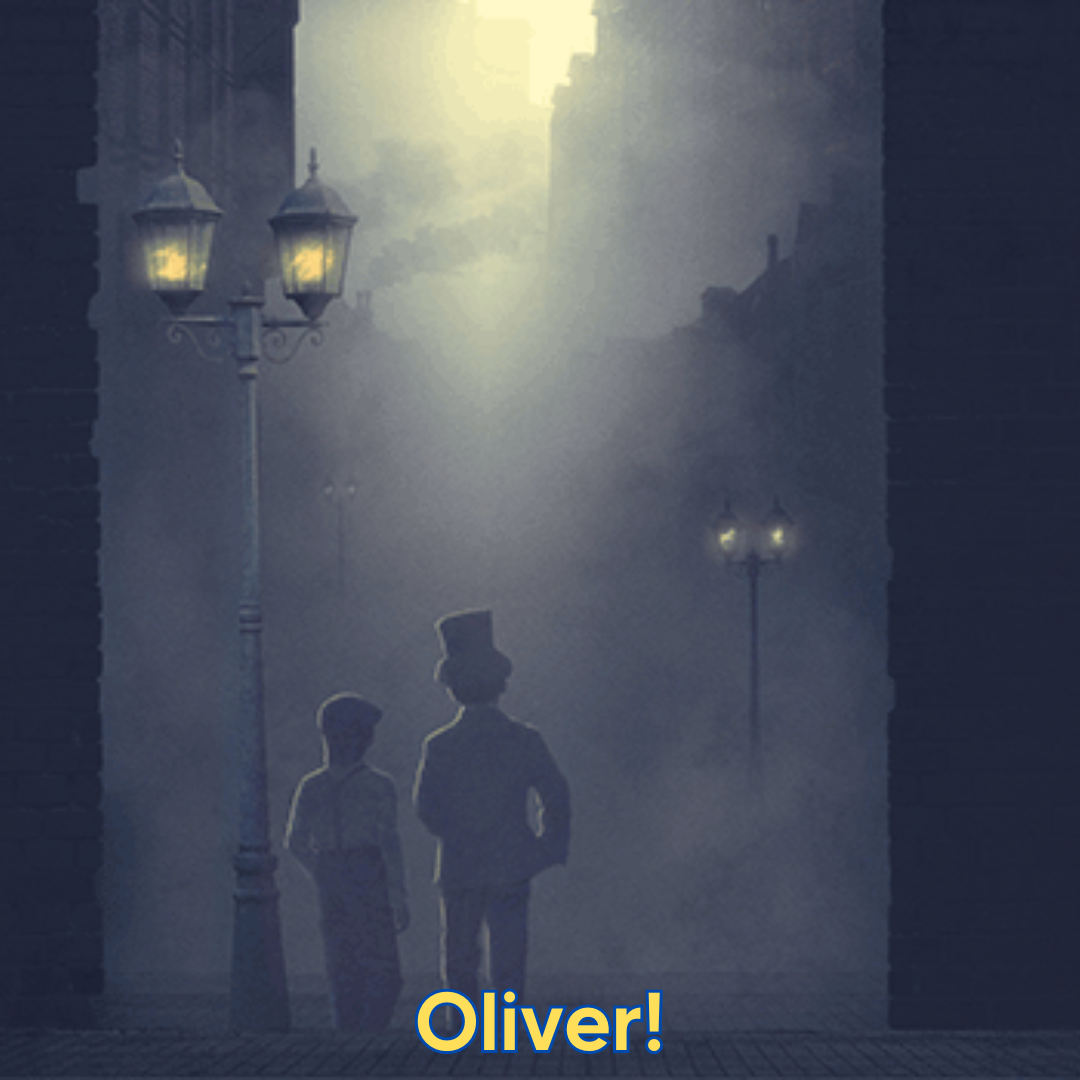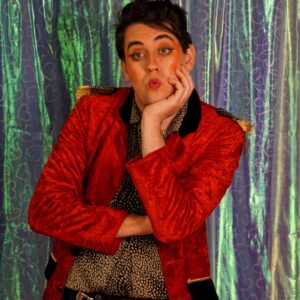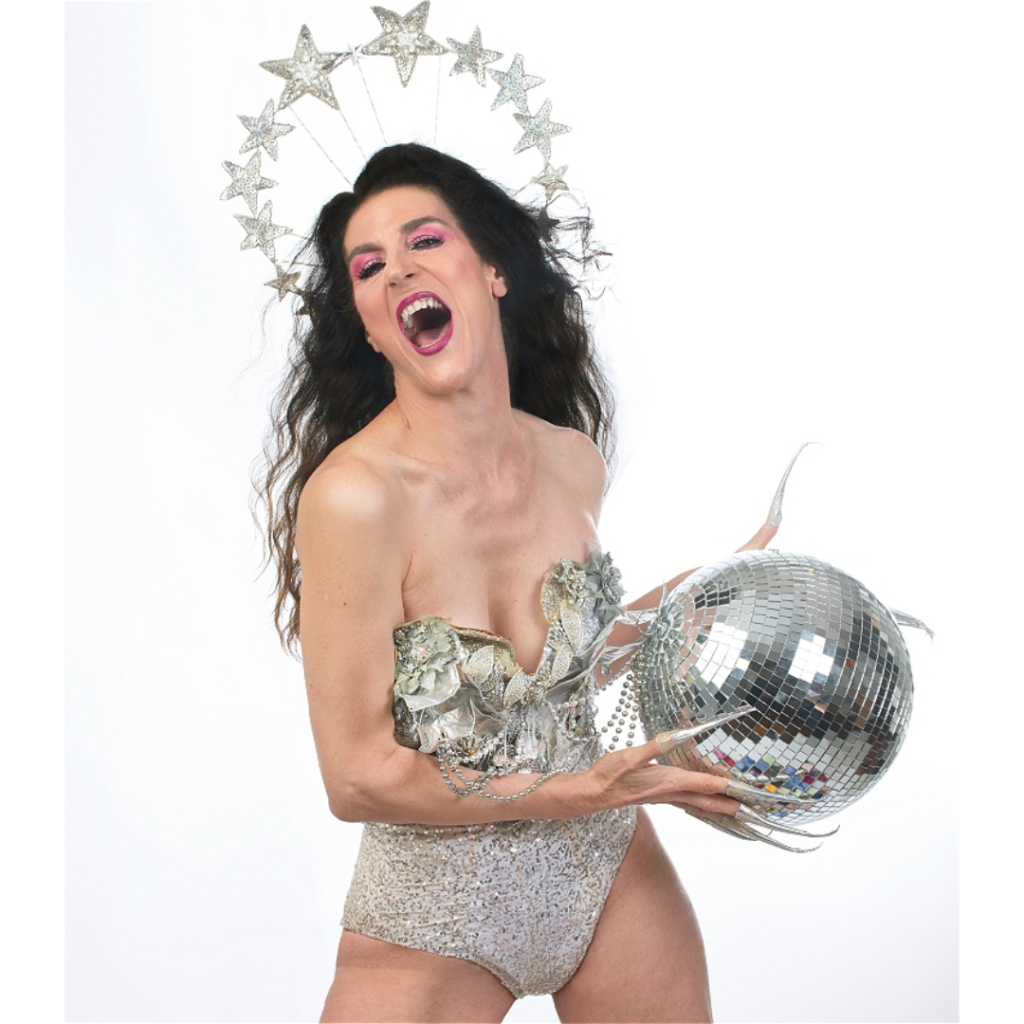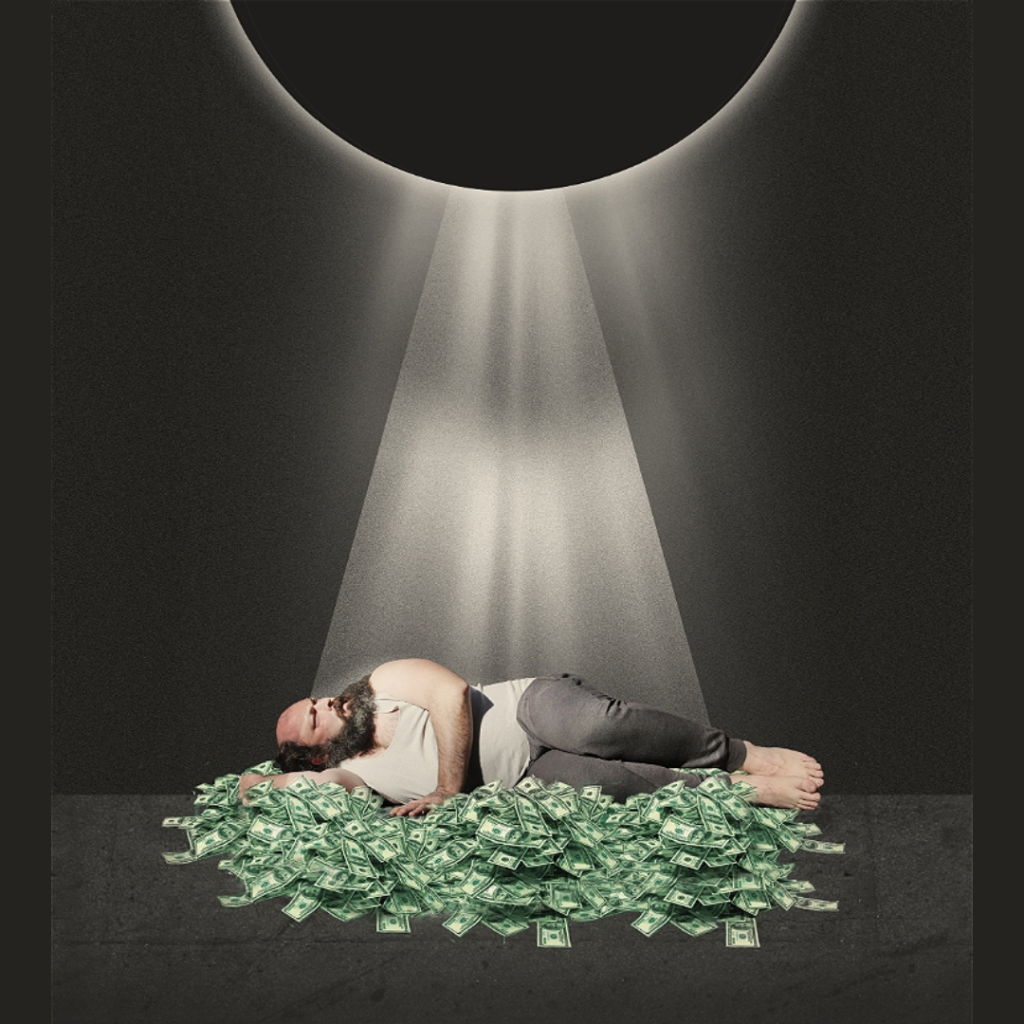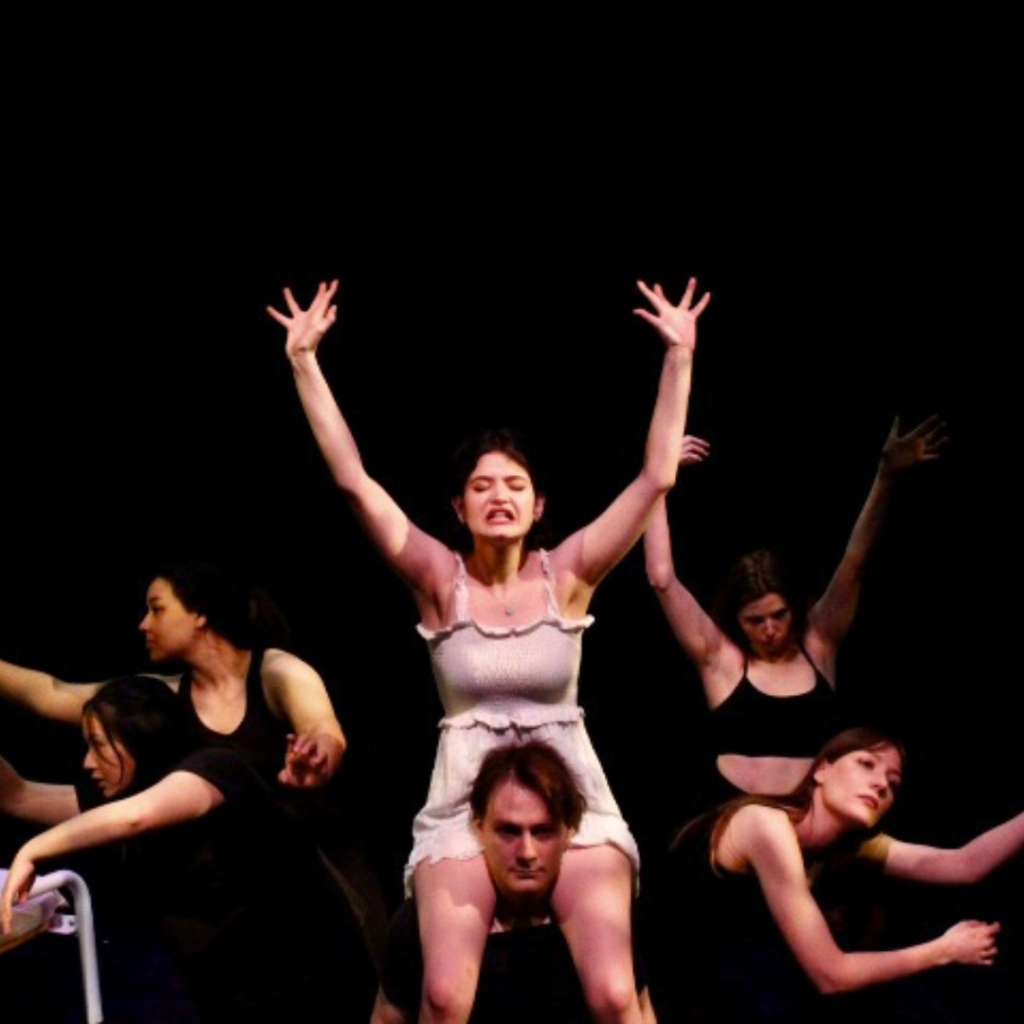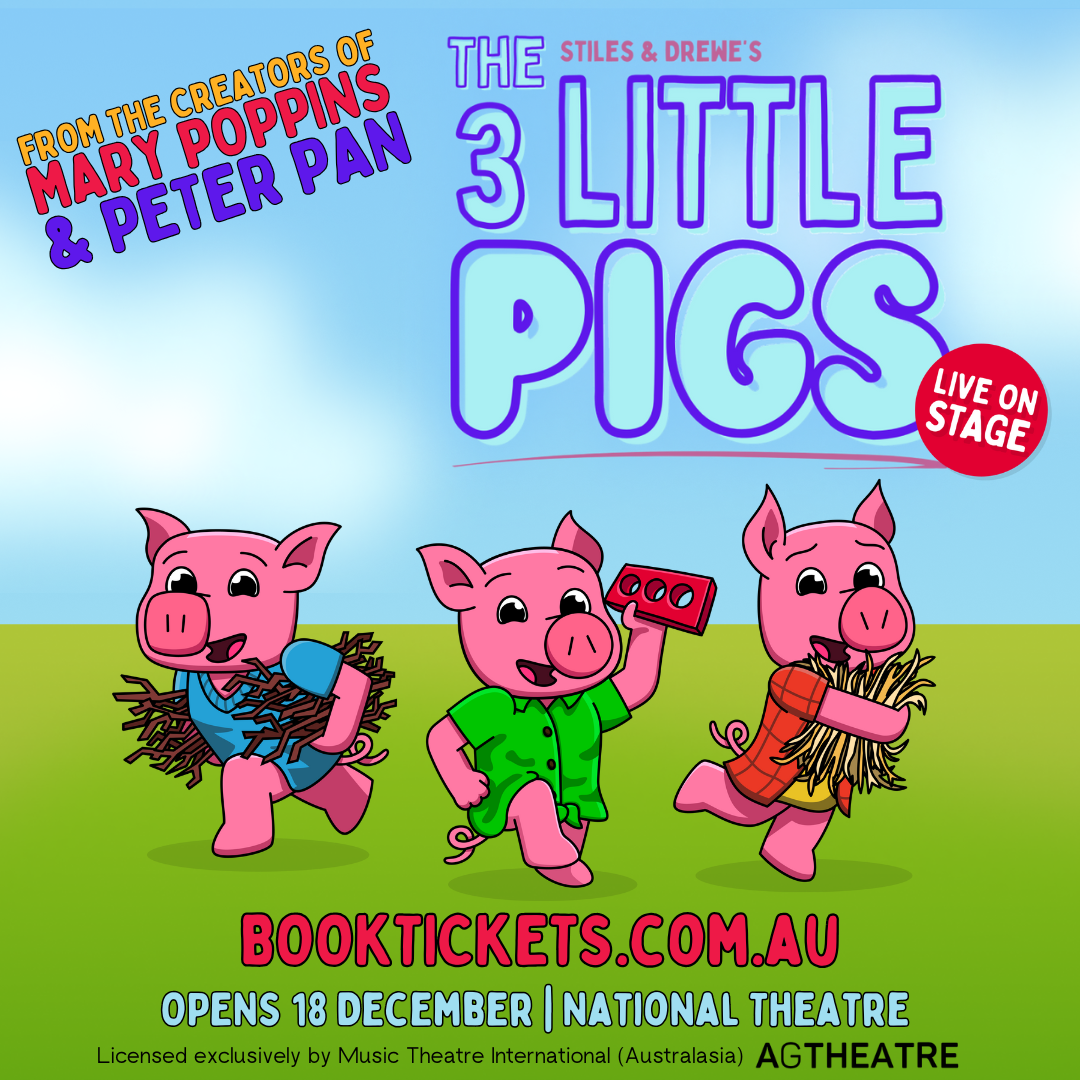Mahon Theatre, Ringwood
CPP Community Theatre
Until 14 October
I travelled out to Ringwood on Saturday afternoon to witness CPP Community Theatre’s second revival of the classic Lionel Bart musical Oliver. Revivals of musicals can be hit or miss in both the professional and amateur theatre circuits of the world as they can either: introduce classic shows to a brand new audience and remind older audiences why they fell in love with the show in the first place or fail to resonate with the modern audience as they don’t suit today’s politically correct climate and tarnish the legacy the show once had. I felt that CPP’s latest take on the award winning musical theatre staple fell into the former category with ease but there is something else that theatre companies have to take into account when adapting a spectacle more than once. They all need to ensure that each revival has a sense of originality to it so those who came to see the first adaptations won’t feel like it’s deja vu and those who are new to the show don’t lose focus early on and stay enticed throughout the show’s run time. After previously staging the over sixty year old musical in 1987 and 2002 respectively, CPP had their work cut out for them when it came to achieving this feat as they had to please three incredibly different generations of theatre patrons of all ages, sizes, genders, etcetera. However, the company’s third take on Oliver had no difficulty making that happen as it featured something special for each audience member to enjoy and us die hard theatre folks left the auditorium with a new found appreciation for one of the all time greats.
Seated rightfully in the director’s chair was a creative who started his theatrical journey in CPP’s 2002 revival of Oliver as a member of the children’s ensemble, Mitchell E. Roberts. Captaining the ship and even standing in for an ill Russell Waters (his former director) in the role of Mr. Bumble, Roberts was able to recreate one of his most cherished theatrical memories for the audience of today while staying true to the original source material with a creative vision that put us right into the heart of nineteenth century London. He, along with assistant director Sean Williams, worked wonders with the adult cast by transforming them into fine characters performers that have received critical and award acclaim in the legitimate British theatre, while shaping the child cast into superstars fit for the professional scene in a directorial effort that was nuanced, nostalgic and natural as if it was something he was born to do. The role of musical director was split into three with Meg Symes in charge of the vocal direction, Andrea Crompton managing the children’s vocal section and Cassie Quinlan guiding the orchestra behind the baton. Symes brought the inner operatic diva out of each adult performer with classical vocal stylings suited for the works of Gilbert and Sullivan to make the voices sound as authentic as possible; Crompton deserves an award for her part in bringing the children’s chorus to the forefront and often had them stealing the show with talents and techniques way beyond their years, propelling them to the highest of heights alongside the adults; Quinlan and her trusted band soldiered through some technical sound difficulties to deliver crisp instrumentations that stayed in time with each vocal section with marvellous horns and strings taking centre stage figuratively; and all three ladies together presented the audience with intense yet incredible and innovative musical direction that could garner them the title of a dream team. Meanwhile, Tamblyn Smith passed on his usual director gig to put on his dancing shoes as Oliver’s choreographer and the routines he had the cast demonstrate felt as if they were plucked straight from Broadway as each step kept to the beat, was rhythmically divine and turned even the simplest of dance numbers into undeniable showstoppers. If there were any novice dancers or movers on stage, Smith ensured that it didn’t show in his gliding and gleeful choreographic turn as everybody on stage sold every move like the most confident of individuals and had us tapping our feet along with them.
As I was saying earlier, the cast of Oliver all turned in performances that were reminiscent of multiple British acting legends ranging from Tim Curry to Angela Lansbury no matter how big or small their roles. First, we highlight the work of the featured roles and ensemble from London merchants to orphanage employees, orphans to dodger’s gang and good natured society folk to those who are downright despicable. All of whom gave performances that enhanced every scene and setting, made numbers like Food, Glorious Food, Consider Yourself, Oom Pah Pah and Who Will Buy into massive standouts and ensured delight in a perfect balance between classic British drama and comedy. Continuing on to the leads, we begin with Oliver Twist himself and the young man who was given the opportunity to youthfully portray the legendary orphan in a remarkable and riveting way, master August Kennon. Long before he was born, Kennon’s father had played the role of Oliver three times as a child so it was only natural that Kennon himself would do the same with clearly hereditary talents several years later and the star on the rise constantly captured Oliver Twist’s innocence even when he was standing up for what was right, defending the name of his deceased mother or struggling to survive in the cruel world he was raised in. This was clearly a role that was destined to belong to Kennon and if the love he got from the audience and his fellow cast mates was anything to go by, I predict that he has an incredible future in the theatre community ready to start.
To cover the vast amount of cast in the supporting roles, I’m going to try and summarise their diverse yet debonair and delectable achievements one by one in a singular sentence each. The role of Bet may often be overshadowed by Nancy but Emma Hanly let the audience how efficient she was to the overall story in a performance the show wouldn’t be the same without, especially in the bar and den scenes. Russell Waters (understudied by Mitchell E. Roberts) and Candice Bazely had the audience loving to hate them with a burning passion and wanting to punch them in the face in the roles of Mr. Bumble and Widow Corney and it really highlighted how they were the true villains of Oliver’s unbelievable story due to their less than caring nature in positions that were meant to care for the boy instead of exploiting him. Anthony Julian and Anne Williams put the fun in funeral as Mr and Mrs. Sowerberry with their brilliant rendition of That’s Your Funeral and demonstrated how true colours get shown in a time when children were seen as inferior beings. Gary Wakelin, Jennifer Gay and Jed Symes defined how there are still people out there with genuine hearts as Mr. Brownlow, Mrs. Bedwin and Dr. Grimwig respectively and they even had the audience wanting to come live with them too at musical’s end. Sara Dimech-Betancourt and Sam Taylor were ruthless in their takes on Charlotte and Noah Claypole and convincingly embodied exactly what it means to be menacingly toxic bullies to make them feel better about themselves. Matilda Martin, Meg Crompton and Jen Bonnici couldn’t be more different as Charley Bates, Old Sally and the Matron respectively but were all essential to the plot regardless and completed the orphanage and den scenes with ease.
Without question, one of the grandest standouts in the cast was Darren Roberts in his terrifying and taunting portrayal of the villainous antagonist Bill Sikes as his characterisation had the ability to make children hide under their seats and adults shiver more than a tropical island resident in a ski lodge. We may not have seen his face until the act two, but you could feel D. Roberts’ haunting presence lurking in the shadows early on as it instilled fear that was borderline triggering and was the definition of ultimate darkness. No character or theatre patron felt safe when he took to the stage and this is a testament to what a master of an actor and performer he truly is in a performance that you couldn’t escape even after his climactic send off. Regarding the production’s monarchy, we had a king, a queen and in a rare instance in my reviews, a prince or princess, all part of the same gang and all took the auditorium by storm and they were Stephen Mees with his sneaky and strong characterisation of Fagin, Georgia Herdman with her bewitching and beautiful performance as Nancy and young Prudence Rosel in her quality and quick-witted take on the Artful Dodger. Reminiscent of comic legends like Frankie Howerd, Tommy Cooper and Bruce Forsyth, Mees was right in his element as he transformed into the cheeky crook with the snap of his fingers in a performance that even Charles Dickens couldn’t fault and with how cunning he was, some people in the stands were checking their pockets for their belongings whenever he took centre stage. In what she considers to be an all time dream role of hers, Herdman owned every moment when playing the role of Nancy and her loving heart was on full display whether she was celebrating the joys of life in numbers like It’s A Fine Life or protecting one of her gang from her abusive lover even if it meant that her fine life would come to abrupt end but don’t take my word for it, let the amazement of the audience reactions to her powerful rendition of As Long As He Needs Me tell you themselves. Making the child star debut to end all debuts, Rosel won everyone over the minute she spoke her first line, was able to bring the entire house down at such a young age with lively takes of Consider Yourself and I’d Do Anything that were as precious as anything and although I do not condone thievery of any kind, we did want the littlest pickpocket of all to be our friend as well as Oliver’s by the time the curtain closed. Together, all three creative individuals gave a masterclass in character acting 101 and if the show is up for consideration for any awards or commendations, I believe they have what it takes to secure a nomination or two especially with their definitive characterisations of some of the most beloved supporting characters in musical history.
CPP Community Theatre passionately demonstrated the importance of revivals in the amateur theatre circuit with their third take on Oliver and reminded us that everything old can be new again and if it ain’t broke, don’t fix it. The spirit of theatre was strong all throughout the production with some profound acting performances, prod team work that had everyone involved feeling safe and like family with great guidance skills and to top it all off, one of the best children’s choruses I have ever bared witness to and becuase of this and so much more, I look forward to my next outing to the company when they resume in the new year for another timeless display. Special shoutout to Tamblyn Smith, Sara Dimech-Betancourt, Anthony Julian and Louise Archer for their outstanding work both off and on stage and to the rest of the cast and crew associated with Oliver for a great start to their run and to Russell Waters, get well soon. Please take the time to grab your tickets to the production if you haven’t already and promise me you won’t pick a pocket or two just to do so, support the company and local theatre. Congratulations CPP, chookas for the rest of your run and remember in theatre to consider yourself our mate and one of the family.
#whatsonstagemelb #melbournetheatre #melbournetheatreinfo

